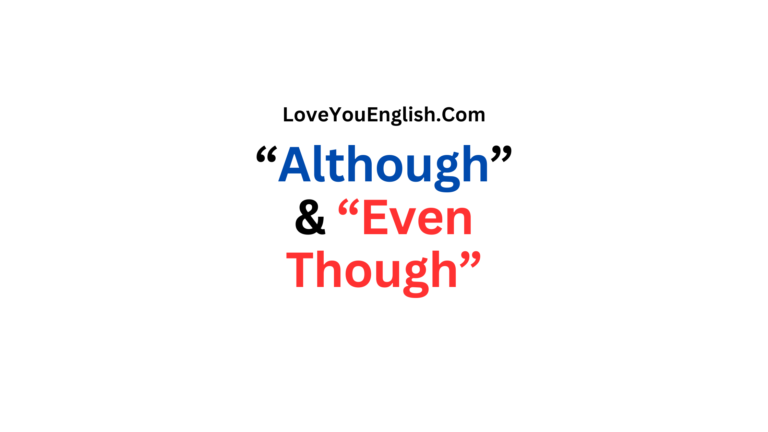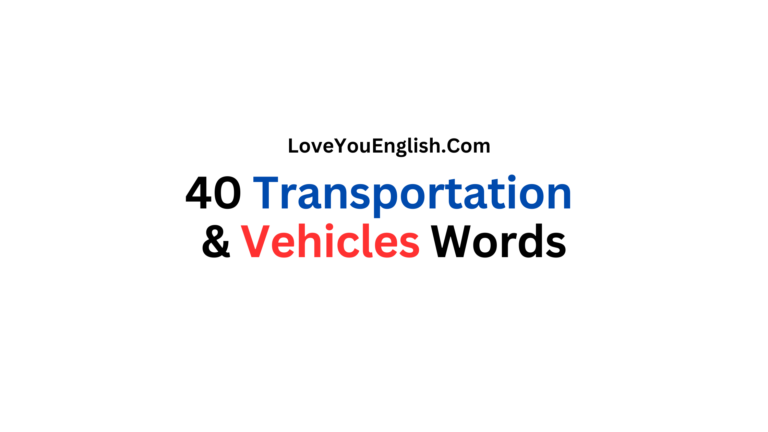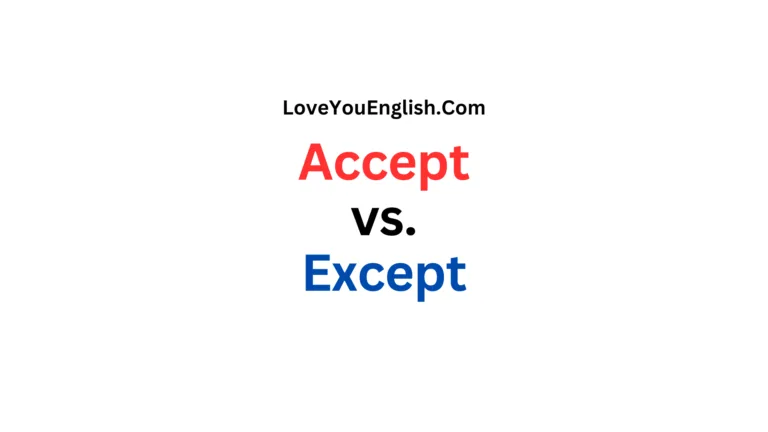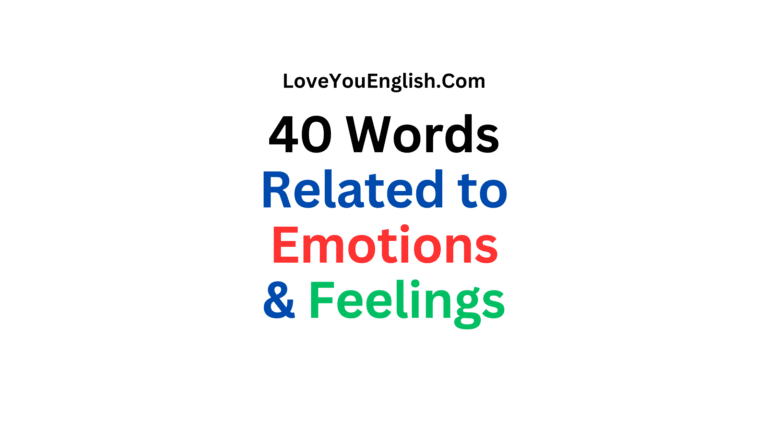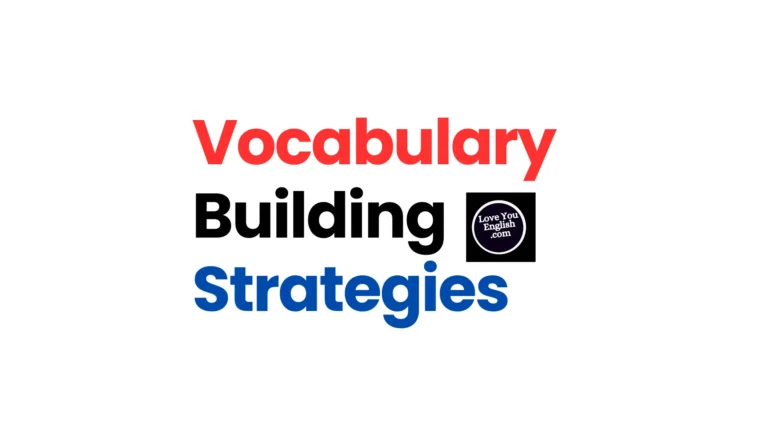Commonly Confused English Words: A Simple Guide
Sharing is caring!
Commonly Confused English Words: A Simple Guide
English has a lot of words that sound the same or look similar but mean totally different things.
This can be really confusing for both people learning the language and those who speak it every day.
In this post, we’re going to look at some of the words that people often mix up and show you how to use them the right way.
1. Their / There / They’re
- Their: Belongs to them.
- Example: It’s their car.
- There: Refers to a place or location.
- Example: The book is over there.
- They’re: Short for “they are.”
- Example: They’re going to the park.
2. Your / You’re
- Your: Belongs to you.
- Example: Is this your phone?
- You’re: Short for “you are.”
- Example: You’re doing a great job!
3. Its / It’s
- Its: Belongs to something.
- Example: The dog wagged its tail.
- It’s: Short for “it is” or “it has.”
- Example: It’s raining today.
4. Affect / Effect
- Affect: A verb, meaning to influence something.
- Example: The weather can affect your mood.
- Effect: A noun, meaning the result of a change.
- Example: The new law had a big effect on the community.
5. Then / Than
- Then: Refers to time or sequence.
- Example: I finished my work, then went home.
- Than: Used for comparisons.
- Example: She is taller than her brother.
6. Loose / Lose
- Loose: Not tight or free from attachment.
- Lose: To fail to win or misplace something.
- Example: Don’t lose your keys!
7. Advice / Advise
- Advice: A noun, meaning suggestions for what someone should do.
- Example: My teacher gave me good advice.
- Advise: A verb, meaning to offer suggestions.
8. Farther / Further
- Farther: Refers to physical distance.
- Example: She ran farther than I did.
- Further: Refers to metaphorical or additional distance.
- Example: Let’s discuss this further in the meeting.
9. Compliment / Complement
- Compliment: A nice thing said to someone.
- Example: She gave me a compliment on my dress.
- Complement: To add something that enhances or improves.
- Example: This sauce complements the dish perfectly.
10. Everyday / Every day
- Everyday: Describes something common or usual.
- Every day: Refers to each specific day.
- Example: I go for a walk every day.
Conclusion
It’s really common to mix up these words, but if you keep practicing, you’ll start to understand them better.
Knowing how these words are different can help you communicate more clearly when you write or talk.
If you’re ever in doubt, just take a moment to check, and before you know it, you’ll be using them confidently!
Read more:
- 75 Common English Words Used in Daily Life
- 40 Words Related to Emotions & Feelings
- 40 Words Related to History and Geography
- 40 English Words Related to Space & Astronomy
Sharing is caring!

